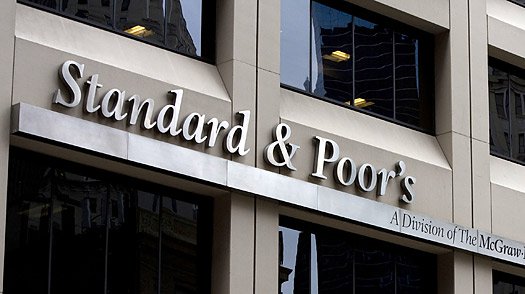S&P Global followed Moody’s in cutting its credit ratings and outlook on multiple U.S. regional banks on Monday, saying higher funding costs and troubles in the commercial real estate sector will likely test the credit strength of lenders.
A relentless rate-hike campaign by the U.S. Federal Reserve has raised deposit costs at banks, which have been forced to pay out higher interest to keep depositors from fleeing to other high-yielding alternatives.
KeyCorp and Comerica shares were down nearly 1% each in premarket trading.
The outlook of S&T Bank and River City Bank was cut to “negative” from “stable” by the S&P, citing higher CRE exposure.
Borrowing costs globally have also surged, with the U.S. Treasury yields hitting their highest in 16 years as the bond market rout entered its sixth week on Tuesday, even as U.S. stock index futures gained, boosted by megacap growth stocks.
An analyst at Fitch, the last of the three chief rating agencies, also told CNBC last week that several U.S. banks, including JPMorgan Chase (JPM.N), could see downgrades if the sector’s “operating environment” were to deteriorate further.




